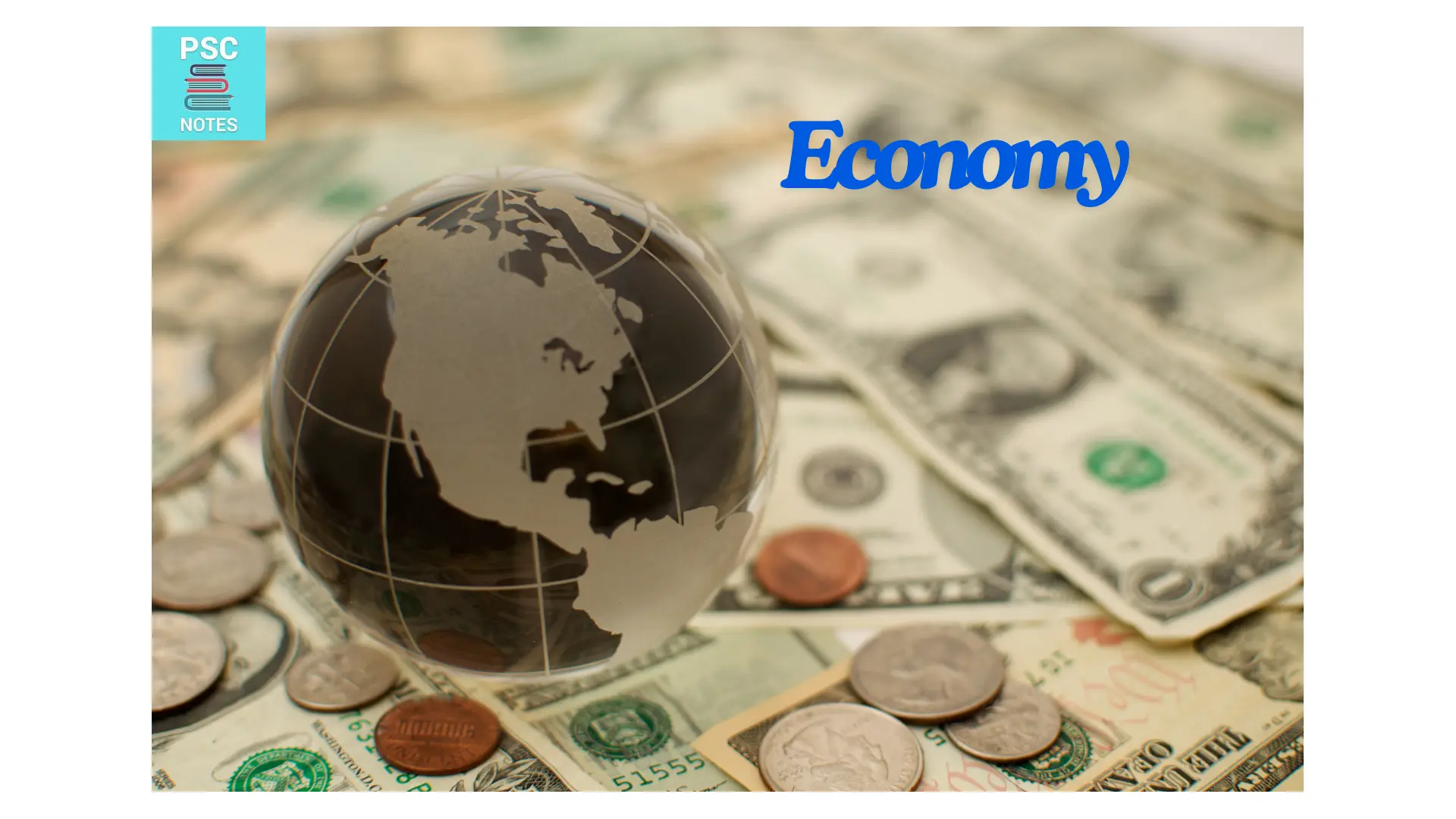Impact of Liberalisation
The leading economists of the country differ in their opinion about the socioeconomic and ecological consequences of the policy of liberalisation.INFRASTRUCTURE by the Indian and foreign investors have generated great employment opportunities for the professionals, and skilled and unskilled workers. 5. Development of Infrastructure: Prior to the liberalisation, the infrastructure (roads and electricity) were in … Read more


